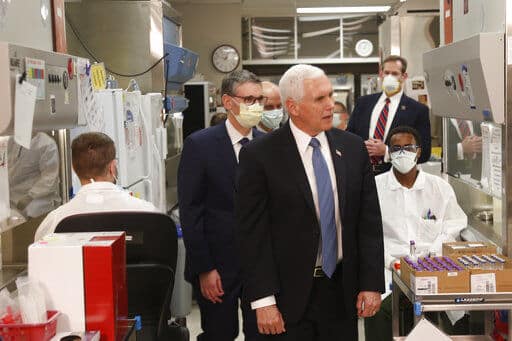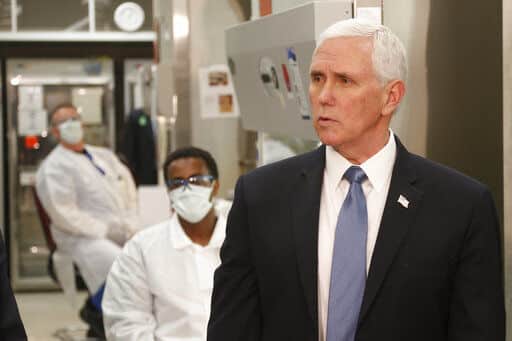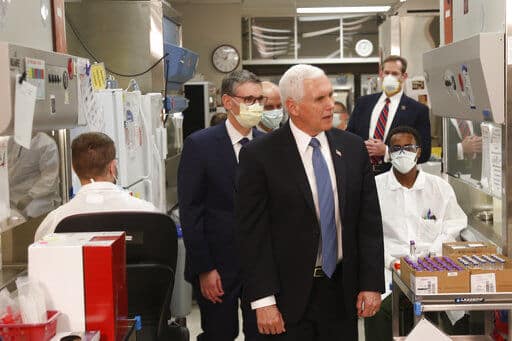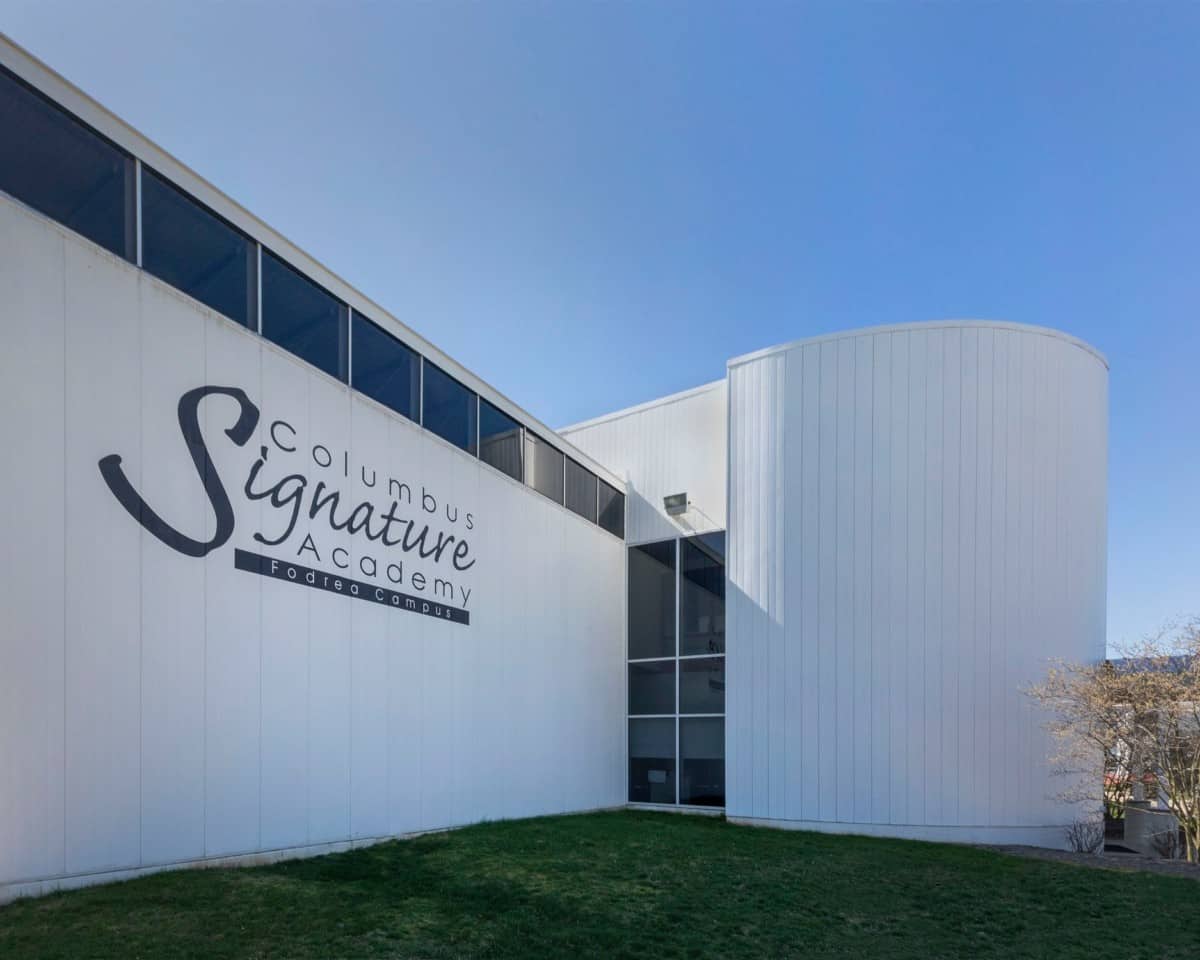Staff Reports
You’ve heard of the federal Cancer Moonshot initiative to speed along research, come up with more therapies and prevent and detect cancer sooner.
Gov. Eric Holcomb has his own moonshot in mind, and said the goal he is focused on would be the accomplishment of his life, if he can get it done.
He wants to curb the crisis of drug addiction in Indiana and is calling on Hoosiers to help him attack it “with everything that we have.”
[sc:text-divider text-divider-title=”Story continues below gallery” ]
“If I could accomplish one thing in life, just granted one wish, it would be to change the trajectory that we’re on right now and bend it down,” Holcomb said.
Addiction is not only a human crisis in Indiana, but has become a crisis for businesses as well, as employers can’t find a workforce that is sober and focused on the work and the dignity that comes from a job well done. He says Indiana and the Midwest are Ground Zero when it comes to addiction, and its toll is apparent: addiction is keeping Indiana and its people from reaching their full potential.
“This one is the one that we have to get right,” Holcomb said, referring to his goal to be a trailblazer in tackling the crisis. “If we can be a model, we’ll far outlive our most important purpose, and that’s the safety and security of our citizens. And others will benefit and go on to live productive lives.”
He wants communities to help find and fund pathways to recovery, will consider any and every piece of legislation that could make a difference and created a new position in state government, an executive director for drug prevention, treatment and enforcement. Holcomb has already heard from universities, the state’s largest employers, churches and court-appointed special advocate programs working in counties across the state and wants to marshal their expertise to make a difference.
He isn’t looking for the one single step that will stop addiction or successfully rehabilitate addicts. He knows it doesn’t exist.
He wants investment and buy-in from residents, legislators and law enforcement across the state, he said. The possibilities include a renewed look at how prevention is addressed in schools, the most effective programs already being used, the barriers to getting people help, to examining how local police resources are drained due to the overwhelming number of cases involving drugs. He wants resources, attention, energy and talent on the issue.
The state already is building a new hospital to treat mental illness and addiction, but it can only house 159 patients and is just one step.
The issue is one that is clearly emotional for Holcomb as he recounts the families he met while campaigning.
One day on the campaign trail, he realized the problem was something he had to try to tackle and organize from the state government level.
He was on the courthouse square in Delphi, a community near Lafayette, when a man came up to him and recognized him.
“He hoped he would be able to talk to me in six months,” Holcomb said. “And he just knew me as some political candidate. And that’s when I really said, ‘you know, we’re gonna have to do something about this.’ Cause he wanted to get better.”
“He had just real desperation, you know, and despair.”
No matter the community or the audience, Holcomb came across Hoosiers whose lives were being hurt by drug addiction. The addicts are the high school quarterback and high school dropouts. They’re hooked on heroin, meth or opioids.
“I was hearing just story after story after story about, you know, EMS personnel that would arrive on the scene where there would be a designated sober addict for the night, and they were responsible for having the Narcan for the four or five other people that would go past the line,” Holcomb said.
“The next night it would be another sober person who would go get the Narcan,” Holcomb said. “They were wanting to go past the line of death and come back.”
He recounted a story from St. Joseph County about two brothers who died of overdoses the same night. He was told of Skittles parties, where addicts would take handfuls from trays that had Skittles and drugs mixed together.
Just this week, legislators in the Indiana House OK’d giving counties and cities the authority to create needle-exchange programs aimed at curbing the spread of diseases among intravenous drug users, and a Senate committee approved allowing schools to store and administer Narcan. Another bill would opt Indiana out of the federal law that keeps people convicted of certain drug crimes from receiving food stamps.
“We’ve got to figure out how to localize these pathways to recovery and fund it,” Holcomb said. “And it’s gonna require us all to be in.”
“We’ve shined a light on this,” Holcomb said. “We’re not just talking. We’re doing.”
Republican State Sen. James Merritt, who represents parts of Marion and Hamilton counties, has authored or co-sponsored about 20 bills in the legislative session that call for more mental health professionals in schools and help schools develop formal substance abuse prevention programs, requires coroners to test for drug usage when conducting a death investigation and wants a statewide accounting of the number of unused hospital beds and available state buildings that could be used for drug and alcohol detox, treatment and rehabilitation programs.
“I’ll judge my own performance, our progress, on this front,” Holcomb said. “And I’ll be my harshest critic.”








